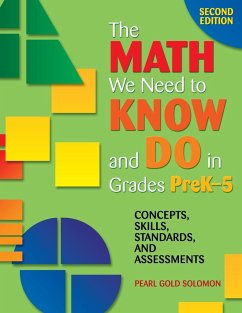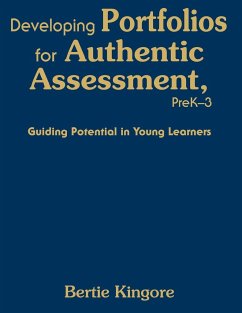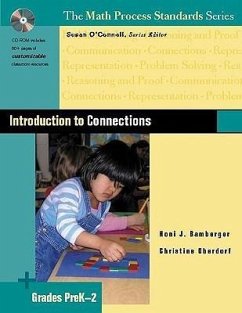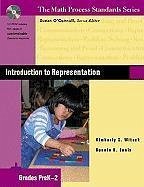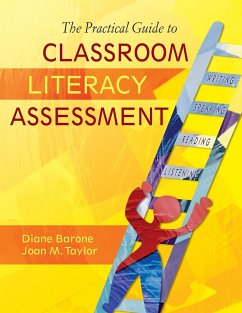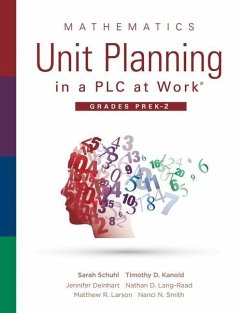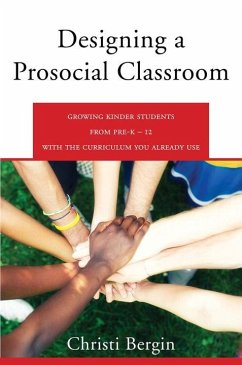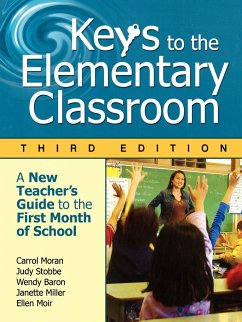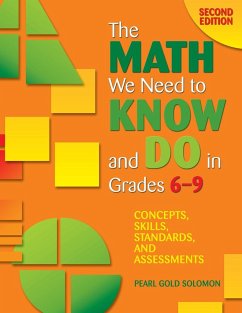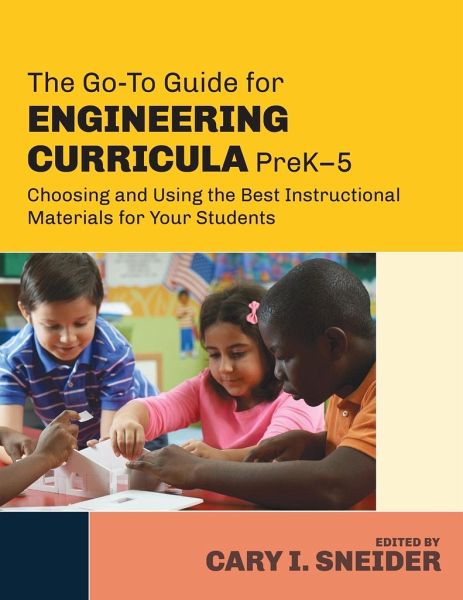
The Go-To Guide for Engineering Curricula, PreK-5
Choosing and Using the Best Instructional Materials for Your Students
Versandkostenfrei!
Versandfertig in 1-2 Wochen
35,99 €
inkl. MwSt.

PAYBACK Punkte
18 °P sammeln!
How to engineer change in your elementary science classroom With the Next Generation Science Standards, your students won't just be scientists-they'll be engineers. But you don't need to reinvent the wheel. Seamlessly weave engineering and technology concepts into your PreK-5 math and science lessons with this collection of time-tested engineering curricula for science classrooms. Features include: A handy table that leads you straight to the chapters you need In-depth commentaries and illustrative examples A vivid picture of each curriculum, its learning goals, and how it addresses the NGSS M...
How to engineer change in your elementary science classroom With the Next Generation Science Standards, your students won't just be scientists-they'll be engineers. But you don't need to reinvent the wheel. Seamlessly weave engineering and technology concepts into your PreK-5 math and science lessons with this collection of time-tested engineering curricula for science classrooms. Features include: A handy table that leads you straight to the chapters you need In-depth commentaries and illustrative examples A vivid picture of each curriculum, its learning goals, and how it addresses the NGSS More information on the integration of engineering and technology into elementary science education





